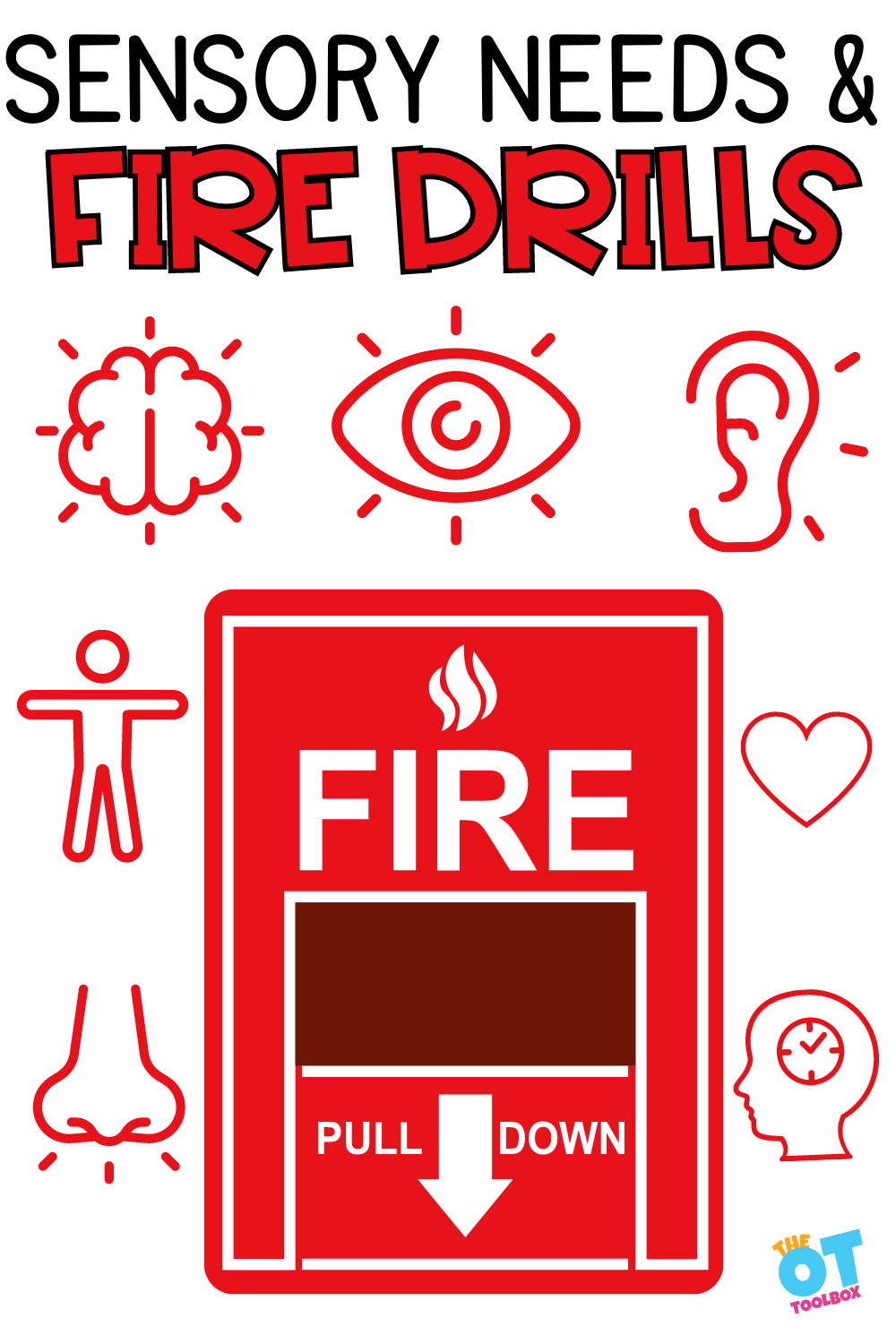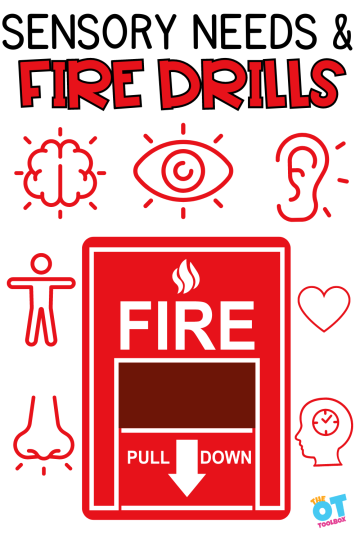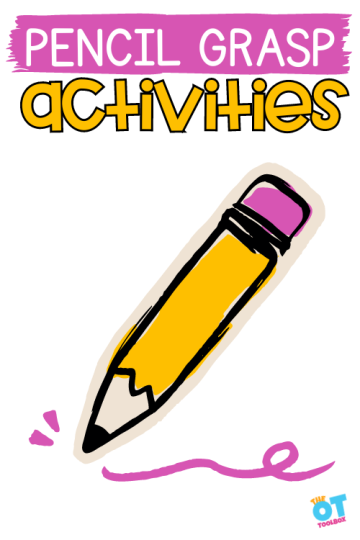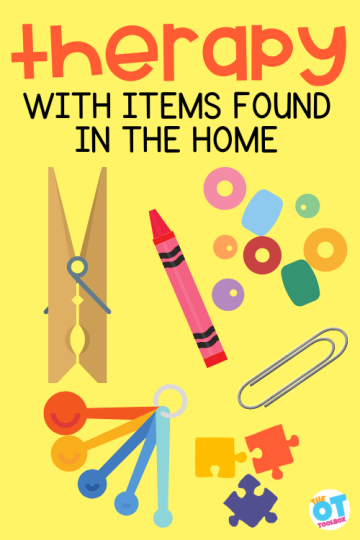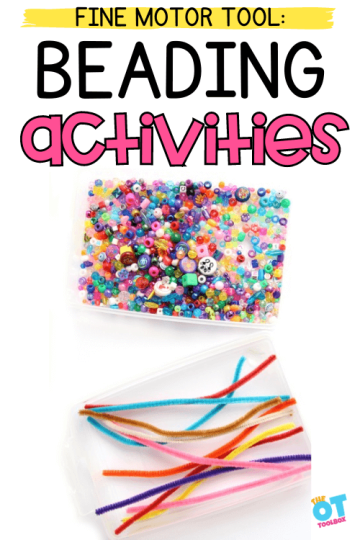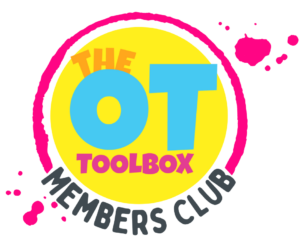Have you already run out of summer activities? Did your children fly through their summer workbooks? The OT Toolbox is here to rescue you from summer cries of boredom with this FREE downloadable I Spy Beach worksheet! Click the link below to add your email address and get this wonderful PDF send right to your inbox. This printable beach themed I Spy page is a great addition to a beach theme in therapy. Use this beach printable along with our Summer I Spy or our other summer occupational therapy activities.
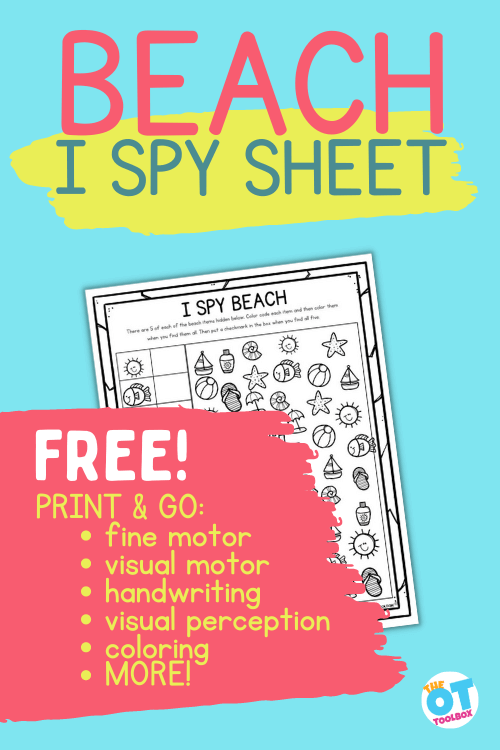
boredom buster: i spy beach worksheet
Today’s I Spy Beach worksheet is a great activity to address more than just visual perception. Each item can be found five times on the sheet. Learners color code the images, find five of each one, then make a check mark in each box when they have finished finding all five items. I like that this worksheet lets learners know how many items they are looking for, and has motivating check boxes along the way. Students are always asking, “am I done yet”? With this type of worksheet, they will know when they are finished.
Speaking of boredom, if your kids are bored, we have plenty of dusting and scrubbing baseboards at our house to keep them busy! If that is not enough to entice them, here is a checklist of 100 Summer Activities to keep the family entertained.
The OT Toolbox also has an OT Summer Bundle to work on fine and visual motor skills, visual perception, sensory tolerance, handwriting, scissor skills, and much more. This bundle is perfect for the pediatric occupational therapist who needs resources and tools to use in summer therapy sessions.
Build skills with the i spy beach worksheet
I love activities that address several different skills in one shot. This is an efficient way to hit many different goals at one time. This I Spy Beach printable is no exception. Children have a very short attention span, so the key is to capture as many skills in a limited amount of time as possible.
Visual perception – this refers to the brain’s ability to make sense of what the eyes see. This is not the same as visual acuity which refers to how clearly a person sees (for example “20/20 vision”). A person can have 20/20 vision and still have problems with visual perceptual processing. There are seven different categories of visual perceptual skills. Good visual perceptual skills are important for many every day skills such as reading, writing, completing puzzles, cutting, drawing, completing math problems, dressing, finding your sock on the bedroom floor as well as many other skills. Without the ability to complete these every day tasks, a child’s self esteem can suffer and their academic and play performance is compromised.
- Visual Attention: The ability to focus on important visual information and filter out unimportant background information.
- Visual Discrimination: The ability to determine differences or similarities in objects based on size, color, shape, etc.
- Visual Figure Ground: The ability to locate something in a busy background.
- Visual Form Constancy: The ability to know that a form or shape is the same, even if it has been made smaller/larger or has been turned around.
Other Important Skills Addressed with the i spy beach printable
In addition to visual perception, there are several other great skills that can be addressed using the I Spy Beach download:
- Hand strength and finger dexterity – during coloring, staying in the lines builds hand muscles and develops muscle control
- Visual motor skills are combining what is seen visually and what is written motorically. It requires coordination to be able to translate information from visual input to motor output. Coloring, drawing, counting, cutting, and tracing are some visual motor skills.
- Sequencing – will your learner do the pictures in order or go in a haphazard pattern all over the page? Will they look for the easy and/or obvious answers first?
- Visual Scanning
- Proprioception – in writing tasks, this refers to the pressure on paper, grip on pencil
- Counting/Learning Numbers – count the items to understand number concepts
- Bilateral integration – remembering to use their “helper hand” to hold the paper while writing, is important for development. Using one hand as a dominant hand instead of switching back and forth is encouraged once a child is in grade school, or demonstrates a significant strength in one or the other.
- Strength – core strength, shoulder and wrist stability, head control, balance, and hand strength are all needed for upright sitting posture and writing tasks.
- Executive function, following directions, attention, attention to detail, focus, sequencing, planning, task completion, neatness, impulse control, compliance, behavior, and work tolerance are all important executive function skills to learn
- Social function – whether working alone, or together in a group you can address problem solving, sharing materials and space, turn taking and talking about the activity
Remember, you can address all of these skills at once, or focus on one or two. Some skills above will be addressed without your conscious knowledge, while other skills will be directly managed.
ways to modify the i spy beach page
While I think the best way to use the I Spy Beach page is the traditional method of colored pencils and crayons on a printable worksheet, there are other ways to use this PDF.
- Laminate the page for reusability. This saves on resources, and many learners love to write with markers! Using dry erase markers may diminish some of the fine motor skills needed to complete the task, making it more of a soley visual perceptual activity. Note: while some learners love to use wipe off sheets, others become upset they can not take their work with them. For those who want to save their work, consider taking a screenshot of it.
- Make this part of a larger lesson plan including gross motor, sensory, social, executive function, or other fine motor skills
- Make extra copies of the worksheets first to have five of each of the drawings. Cut the shapes and make a matching game instead of using a writing tool to color the images
- Talk about the summer items, describe their characteristics, and give context clues to help your learner understand why certain pictures match
- Enlarging the font may be necessary to beginning writing students who need bigger space to color
- Project this page onto a smart board for students to come to the board and color or circle the items
- More or less prompting may be needed to grade the activity to make it easier or harder
- Learners can explore other games they could make using this activity
- Create a writing prompt about the summer beach items in the picture, summer vacations, celebrations, or a fun story about the beach
- Velcro the back of the summer beach items, after laminating and cutting them to create a matching game
- Gross motor – there are endless gross motor opportunities during the summer!
- Sensory – check out this Summer Sensory Camp at Home
- Don’t forget these Summer Occupational Therapy Activities for more great ideas
more ideas for summer play
- Summer Occupational Therapy Packet – Add this packet to your summer programming, ESY services, or home programs. The activities can be adapted to meet the needs of students at all levels, and in several different ways, so that they can be used multiple times
- Sun Visual Perceptual Activity
- Executive Function activities at the beach– Use these ideas t build cognitive skills while on vacation.
- Use some of the sensory diet activities at the beach, too.
- Or, go pretend and set up summer themed therapy sessions with these pool noodle activities.

Victoria Wood, OTR/L is a contributor to The OT Toolbox and has been providing Occupational Therapy treatment in pediatrics for more than 25 years. She has practiced in hospital settings (inpatient, outpatient, NICU, PICU), school systems, and outpatient clinics in several states. She has treated hundreds of children with various sensory processing dysfunction in the areas of behavior, gross/fine motor skills, social skills and self-care. Ms. Wood has also been a featured speaker at seminars, webinars, and school staff development training. She is the author of Seeing your Home and Community with Sensory Eyes.

